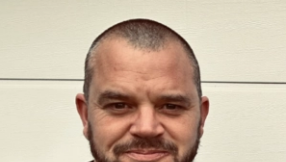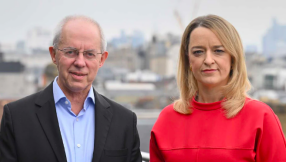Archbishop: Nuclear weapons are attack on faith, hope and love
During an Act of Remembrance at the epicentre of the atomic bomb blast in Nagasaki, the Archbishop quoted the Catholic writer Ronald Knox who said in 1945 that the atomic bomb was an attack on faith, hope and love – “an attack on the central virtues of Christian existence,” the Archbishop added.
“That attack will continue so long as weapons of mass destruction like nuclear armaments are used as threats in international conflict,” he said.
“To plan a strategy around such weapons is to be defeated by them.
“To threaten such an outrage against humanity and its world is to begin to lose one’s moral and human dignity.
“To work for a world free from nuclear arms is to work for the sake of that moral and human dignity.”
The Archbishop warned of the huge environmental devastation and loss of life caused by nuclear weapons, as well as the long-term psychological and physical damage to survivors and attackers alike.
“There are no victories in human history without their element of tragedy. Victory in human affairs always means that someone has lost ... sometimes the victory has been gained at the price of such violence that we have to say that everyone has lost,” he said.
“Those who have won the conflict have lost some dimension of their own life, their own welfare and integrity.”
He admitted that it was tempting to think that realising a nuclear free world was too difficult a task but said that people who were serious about their human dignity could not “behave as though we had no choice”.
“However precisely we seek to make real the hope of a world without nuclear arms, we should not lose sight of the need to make real moral choices about them. Even a small step is an act of witness,” he said.
The Archbishop laid flowers at the memorial to the atomic bomb attack and also visited the memorial to the 26 Christian martyrs crucified in 1549.
His comments come as the UK Government considers reducing its fleet of nuclear submarines from four to three, a move welcomed by the Church of Scotland as a “step in the right direction”.
The leaders of the Baptist, United Reformed and Methodist Churches have, however, branded the plans a “feeble and ineffective gesture” that would do nothing to support moves towards global nuclear disarmament or ease the pressure on public finances.









